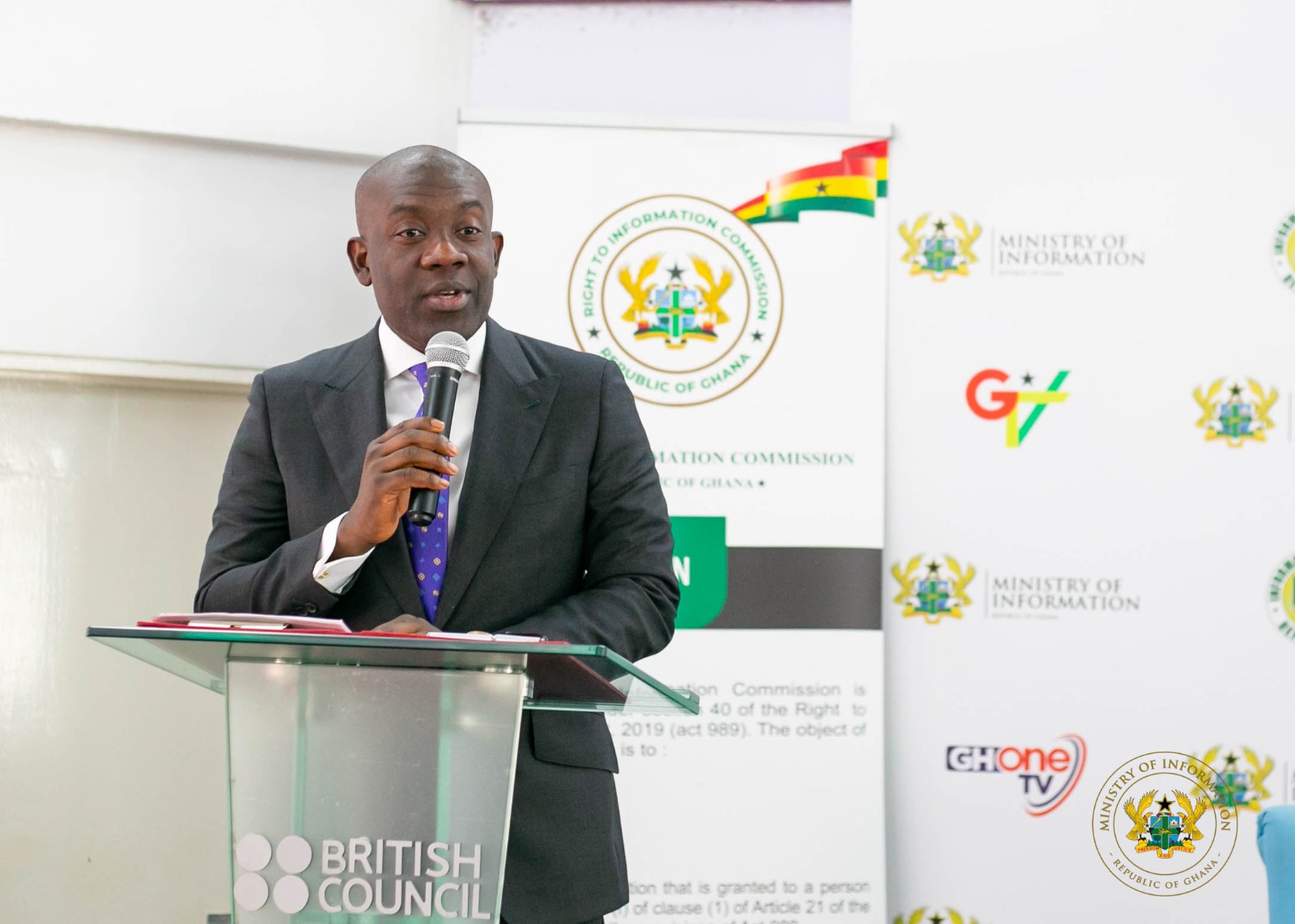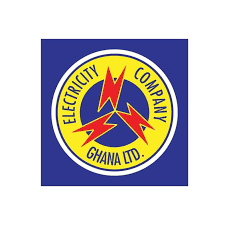
She said the Public and Private Partnerships were essential in mobilising funds to bridge the current financing gap of US$43 billion needed to successfully implement the SDGs.
Mrs Lusigii who disclosed at an SDG Investor Map Breakfast Meeting organised by the Ghana Investment Promotion Centre (GIPC) and UNDP said it was for the GIPC and the UNDP developed the Ghana SDG investor roadmap.
She said the roadmap translated Ghana SDG gaps and priorities into investment opportunities and viable business models, by providing data on the expected development impact these investor maps translate; the development needs highlighting the SDGs into specific investments and also sustainable options for financing the SDGs.
SDG Investor Map Breakfast Meeting
“Sharing detailed development intelligence with all stakeholders would help to sharpen the policy and business environment so that we can attract more investment to the priority areas finally. This would have positive impacts on lives and help to achieve the SDGs”, she said.
According to her that through the Ghana SDG roadmap specific development investment opportunities have been identified for the Kumasi Metropolitan Assembly, Ketu South Assembly, Sekyiwiosu Municipal Assembly, Sabarigu District Assembly and Kasinanakana District Assembly.
“Following the launched of the map in March a base value of $39 million worth of Small and Medium Scale Enterprises investment have been identified and this is just against 6 months of the launch of the map, and there is the potential for an additional 15.5 million which is quite impressed in just 6 months” she added.
She further disclosed that in partnership with the National Development Planning Commission of Ghana (NDPC), the Ghana Statistical Services (GSS) and Ministry of Finance (MoF) the UNDP has supported six Metropolitan Municipal and District Assemblies (MMDAs) to prepare COVID-19 recovery plans and integrated assemble financing frameworks to help position them to diversify their financial resources and explore innovative ways of financing development.
She added that the UNDP was working to leverage district financial planning and financial process to strengthen partnership, to develop policy and promote innovative financing solutions for integrated COVID-19 recovery plans.
Dr Lusigii also said the consultation meeting was opportune as the government of Ghana, including through the budget process was seeking to improve investment and financing towards the achievement of National development goals that are aligned with the SDGs while simultaneously mitigating the negative effect of the COVID-19 pandemic.
She said the topic begin discussed: “Identifying Opportunities & Accelerating Investment into ICT & Health” was equally fitting because the two sectors, ICT and Health, were the core for a robust recovery from the ongoing impact of COVID-19; adding that building a more inclusive and resilient health sector would position Ghana to build back stronger and prepare the country to withstand future shocks.
“We applaud the government ambition and drive to infuse digitalisation in all aspects of the economy. This is commendable as Ghana has the second-highest penetration rate in sub-Saharan Africa and the fastest going mobile money market in the continent as well as the flourishing tech start-ups scene. ICT is a critical building block for economic recovery from the pandemic and also building resilience towards future shocks”, she said.
On his part, the Chief Executive Officer of the GIPC, Mr Yofi Grant said globally there was a recognition that a lot needs to go into financing programmes aimed at achieving the SDG with a financing gap estimated to be $ 2.5trillion.
He, however, indicated that global resources available for financing (between $80 to $90 trillion) were far greater than the financing gap.
He said that it was therefore up to countries to put in place well-tailored and well-designed plans to be able to attract the relevant capital for the implementation of the SDGs adding that for GIPC attracting investment to achieve the SDGs was a critical element in its branding.
He added that the demand still existed for investment opportunities into programmes that would help achieve the SDGs and the Government of Ghana was the first country to benchmark the SDGs in its budgetary processes because it views its developmental aspirations and the SDGs as one and the same. Read Full Story


























Facebook
Twitter
Pinterest
Instagram
Google+
YouTube
LinkedIn
RSS